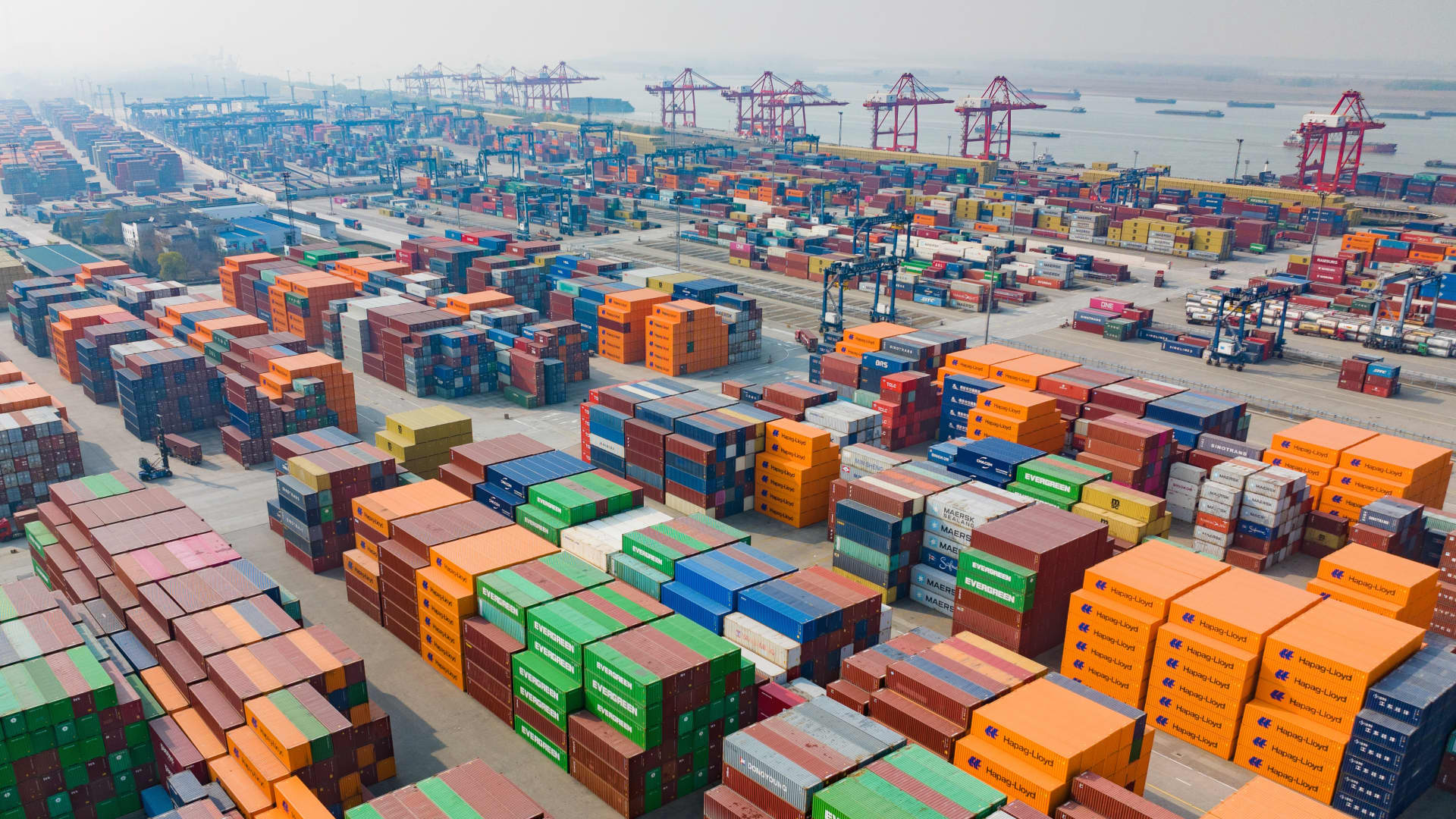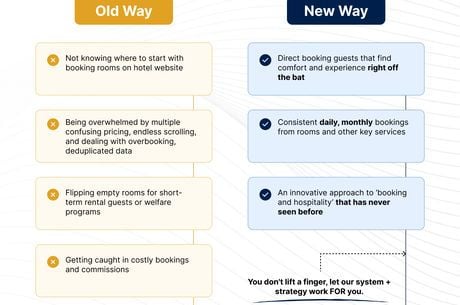Now Reading: Trade war fallout: Cancellations of Chinese freight ships begin as bookings plummet
-
01
Trade war fallout: Cancellations of Chinese freight ships begin as bookings plummet
Trade war fallout: Cancellations of Chinese freight ships begin as bookings plummet

An aerial photo taken on December 26, 2024, shows the Longtan Port’s import and export container terminal in Nanjing, Jiangsu Province, China.
U.S. importers are being informed about a rise in canceled sailings by cargo ships from China as ocean carriers try to manage the decrease in orders due to President Trump’s tariffs and trade war tensions. According to HLS Group, a total of 80 sailings have been canceled from China. This is a response to the decreasing demand caused by the trade war, leading carriers to adjust transpacific services.
Major ocean freight alliance ONE has suspended a route that was planned to restart in May, while an existing route is set to cancel its port call at Wilmington, North Carolina. The decrease in container traffic to North America will have significant effects on the economy and supply chain, affecting ports, logistics companies, and operations.
The World Trade Organization has warned of a sharp decline in global trade following Trump’s tariff plan. The uncertainty caused by tariffs has led to a drop in vessel schedules, impacting containerized imports. China’s share of U.S. containerized imports has decreased, affecting various product categories moved in containers.
Due to the decrease in containers, ocean carriers are canceling vessels and adjusting routes. These changes will impact U.S. exports to Asia and require carriers to adjust vessel strings. The reduction in vessel capacity may lead to changes in pricing in the ocean freight business.
Vietnam has seen an increase in ocean freight rates, with demand shifting from China. U.S. shippers are paying more for container shipping, with rates rising for the Ho Chi Minh City to Los Angeles route. Despite the increased costs, shippers are importing goods from non-China nations due to the unpredictable situation.






